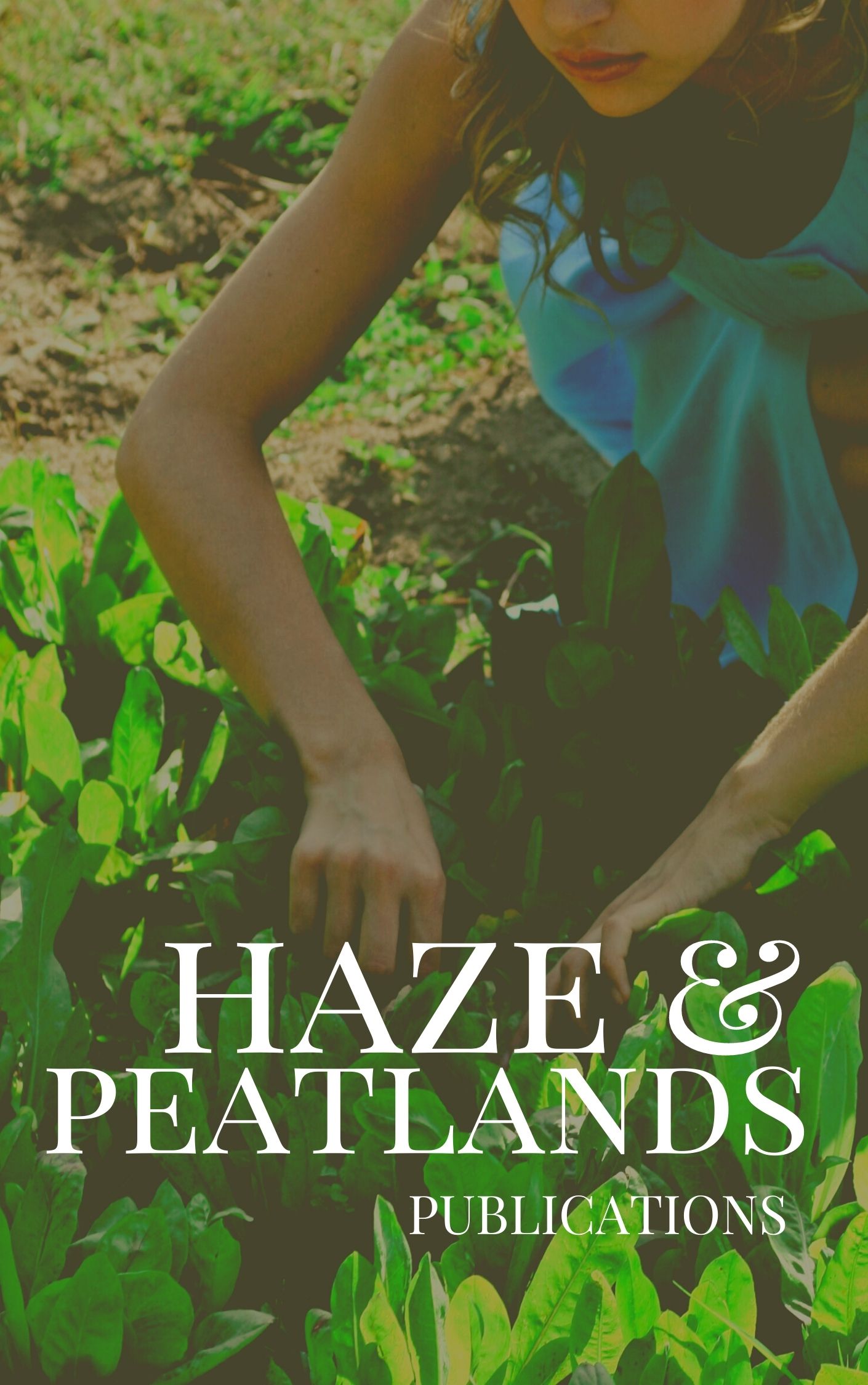Oil palm residue is expected as a prospective alternative to fossil fuels for mitigating greenhouse gas emissions. Coal and biomass co-firing power generation is introduced in Japan as cheaper biomass option. This study aims to design a sustainable empty fruit bunch (EFB) utilization system for co-firing fuel considering international transportation from Malaysia to Japan, and to evaluate the system performance based on energy balances, costs and environmental impacts. The EFB utilization system consists of six processes such as resource collection, raw EFB transportation from resource generation point to preprocessing facilities, preprocessing, produced bio-fuel transportation from preprocessing facilities to exporting ports, and international transportation. The transportation pathways in the Malaysia is optimized using the geographical information system (GIS) based on the actual road network. As preprocessing technologies, pelletizing, carbonization, and ethanol production are considered. The results show that the CO2 reduction cost in the case that EFB is pelletized in the distributed preprocessing facilities in the target area has negative value -4.35 USD/t-CO2 that shows the EFB pellet supply cost is cheaper than the coal. The CO2 reduction costs in the case that EFB is carbonized 141 USD/t-CO2, and that the bio-ethanol is produced from EFB 393 USD/t-CO2 are also cheaper than the domestic wood pellet supply system in Japan. In the sensitivity analysis, it is shown that the available amount of raw EFB has the effect on the CO2 reduction cost of the carbonization and the bio-ethanol production. On the other hand, it has small effect on the pelletizing.
View source

